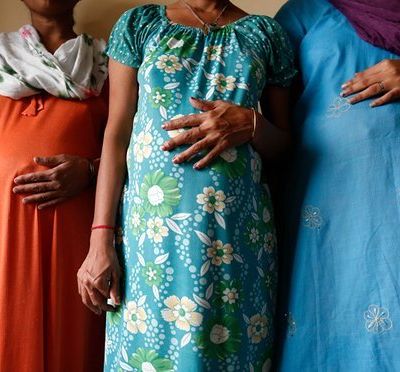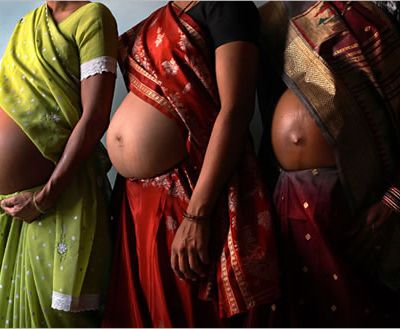Surrogacy
The largest contingent of voiceless, lonely women with limited agency in the subcontinent must be its married women. If they’re fortunate enough to be born and reach adulthood, a woman’s parents and society make sure she becomes an adult brainwashed into self-alienation and self-loathing.
The new proposal to ban commercial surrogacy is essentially a rehash of a bill that was proposed three years ago — the Surrogacy (Regulation) Bill, 2016 — which lapsed when Parliament adjourned without taking the measure for a vote. The Indian minister for health has called the 2019 bill a “need of the hour,” citing a rough estimate that between 2,000 and 3,000 unregulated clinics currently operate in the country.
While we moved one step forward towards sexual rights by striking down Article 377 of the Indian Penal Code (IPC) and decriminalising homosexuality, we still have a long way to go in changing and challenging the popular psyche and the political and legal narratives around homosexuality and queer families.
Aspects of sexuality such as aesthetic taste, body image, sexual orientation, desires and aspirations, self-esteem, gender expression, reproductive choices, and more, are all interdependent with the impact of money in our lives and that of those around us. Indeed, our systemic relationship with money has a direct influence on how we ‘value’ ourselves.
The draft Bill appears to have been framed without addressing the actual concerns of the surrogacy arrangements in India, and could do more harm than good by leading to the exploitation of women.
The two people involved in the transaction of surrogacy occupy different positions of power. The surrogate who bears the child is not a woman with similar economic and social standing as the one who receives the child.
The Nepal Earthquake and its devastating impact on the citizens of the country was also felt amongst a small group…
Mobility is undertaken for varied reasons across contemporary global spaces. One emerging reason for travel and mobility is reproduction. ‘Reproductive…







